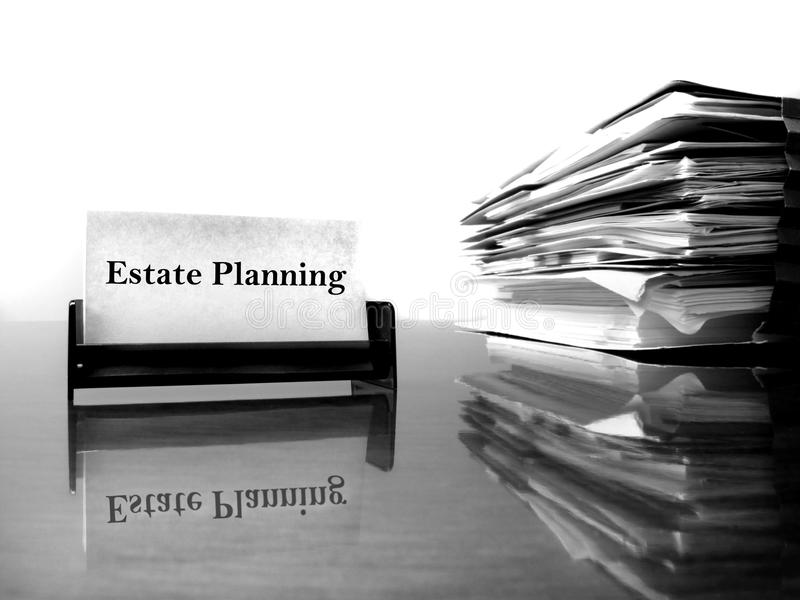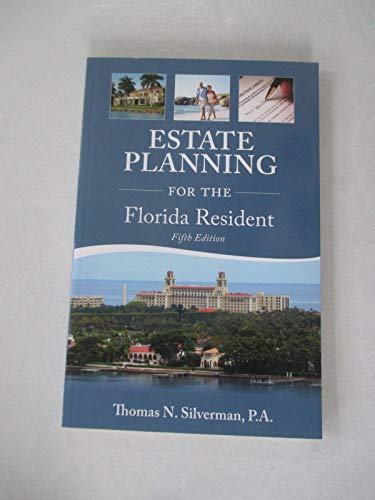An Eccentric Guide to the Best Estate Planning Books
Oct 27, 2023 By Triston Martin
Introduction
Making a plan for how a person's assets, known as their estate, will be managed, divided, or conserved after their death or incapacitation is the practice of estate planning. Writing an estate plan usually referred to as a will, is a first and most important stage in estate planning. Among the other important estate planning obligations are:
- Eliminating estate taxes through the creation of beneficiary-designated trust accounts
- the appointment of a guardian for dependents still living
- selecting an executor to oversee the will's provisions
- Additionally, you can modify beneficiaries for plans like IRAs, 401(k)s, and life insurance policies.
- making arrangements for a funeral
- yearly donations to qualified nonprofit organizations and charities to reduce the tax-deductible estate
- Including the durable power of attorney (POA) to handle additional assets and investments

Best Books on Estate Planning
Last Will and Testament
A current Last Will and Testament comes to mind when considering one of the best estate planning books. A living trust, however, is yet another choice you could consider. According to Farrington, one of the biggest benefits of having trust is that it will save your heirs from going through the probate process, which is a great advantage. Other helpful information in the book includes the best strategies to lower legal expenses, model letters, and straightforward directions for creating the trust of your choice.
Instant Millionaire Estate
Instant Millionaire Estate planning isn't the only topic that Automatic Millionaire touches on, but it's still highly worth reading. The most popular goal of David Bach's financial plan is to assist readers in leading successful financial lives. Imagine that you own your home and have a sizable $1 million nest egg when you decide to retire. You can secure your financial future by adopting Bach's technique based on the idea of self-paying first through automated transfers. This will make the process of structuring your estate and death more straightforward. Over 1.5 million copies of the book have been sold. It is a top seller in the New York Times. It's important to remember that not everyone can afford to use the pay-yourself technique.
Beyond the Grave
Every family faces challenges, and when it comes time to sort through a deceased person's estate, animosities amongst families do not evaporate. Beyond the Grave by Jeffrey Condon is a recommended read in this situation. Offering tips for averting disputes and safeguarding your assets from creditors and ex-spouses helps to ensure that your inheritance will be dispersed as you intended. The New York Times, The Los Angeles Times, The Washington Post, The Wall Street Journal, and many other publications have cited Condon as an authority in estate planning. The Living Trust Advisor, written by Condon, is also published.
Get It Together
There is one thing you'll end up gathering documentation for if you're going through the process of arranging your end-of-life. Get it Together guides you through a system for maintaining your paperwork's organization. You'll have a binder with all your documents at the end of the book, which you may use as a resource. You'll have a single location where your executor, loved ones, and others can access your passwords, insurance policies, tax records, funeral plans, and much more.
The New Retirement Regulations
Planning an estate doesn't take place in a vacuum. That is why it's so important to have a retirement plan. The new retirement regulations written by Robert C. Carlson, this book teaches retired individuals how to plan for retirement, common mistakes that retirees make, how to create a budget for long-term care, and the best method to leave a lasting legacy for your loved ones. What's My Money? It is one of the many books on retirement written by Carlson, who also serves as editor of the monthly newsletter and website Retirement Watch.
Complete Estate Planning Guidebook: The Wall Street Journal
Do you know what happens to your stuff after you pass away? Your loved ones will have to go through the difficult probate process if you don't specify what happens to your property when you pass away. After your passing, your family doesn't want to worry about what will happen to your belongings. This step-by-step guide will help you organize your estate, decide how to distribute the assets among your heirs, pay the least amount of taxes possible, and ensure your documents are safe.

Conclusion
Estate planning is deciding how a person's assets should be handled, protected, and dispersed when they pass away or if they become incapable of making decisions for themselves. Writing wills, creating trusts, designating an executor and beneficiaries to reduce inheritance taxes, giving to charities, and making funeral preparations are all part of the planning process. A will is a legal document stipulating how an individual's property and child custody, in case a young kid is involved, are to be handled after their passing. There are many ways to reduce estate taxes, from trusts to charitable donations.

Susan Kelly Feb 20, 2024
Top 5 Must-Know Facts About the JetBlue Business Credit Card

Triston Martin Feb 21, 2024
The ABCs of Value-Added Tax (VAT): Basics, Obligations, and Effects

Triston Martin Nov 21, 2023
What Does Annual Income Mean for Credit Cards?

Susan Kelly Jan 28, 2024
A Quick Guide to the Roth IRA Required Minimum Distributions (RMD)

Susan Kelly Dec 07, 2023
Creating Adoption Budget

Triston Martin Dec 15, 2023